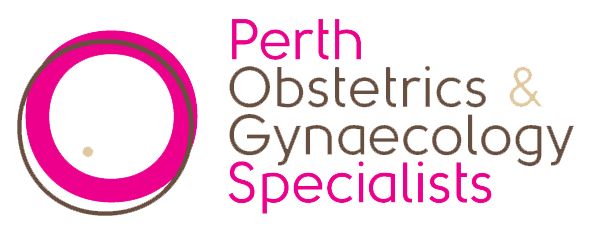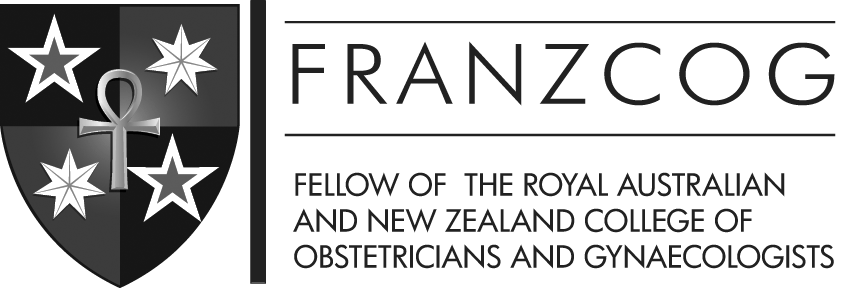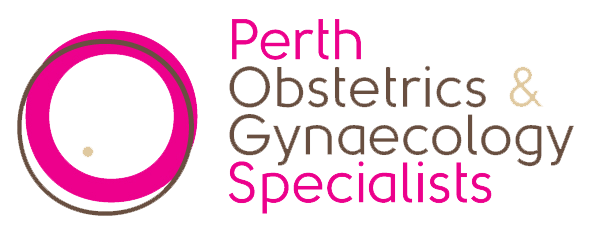Common Minor Pregnancy Complications
Nausea and vomiting in pregnancy
Also known by the often inaccurate name of "morning sickness", most women experience at least some nausea and/or aversion to certain foods/smells. For most women, nausea gets better after 13 weeks and resolves by 20 weeks.
Lifestyle and home remedies may be helpful in relieving morning sickness in some women.
- Eat carbohydrate-rich, easily digestible foods.
- Snack at regular intervals throughout the day instead of having large meals.
- Avoid foods that triggers nausea or makes it worse, like greasy and spicy food.
- Consume plenty of fluids. Small amounts more frequently are usually better tolerated.
- Sucking on ice cubes or hard candy may be beneficial.
- Eating plain sweet biscuits or dry crackers in the morning before getting out of bed may help reduce the nauseous feeling.
- Salty food or food containing ginger may be helpful at times.
- Take walks and try and get plenty of fresh air.
- Cease pregnancy multivitamins (it contains non-essential ingredients that may worsen nausea). Iodine and folic acid are the only supplements recommended to all healthy pregnant women till 12 weeks, after that only iodine.
Over the counter medicines:
- Pyridoxine (Vitamin B6) at 50mg twice a day is safe and helpful for some women.
- Restavit (Doxylamine) is an antihistamine that is on the market in Australia as a sleeping tablet. It is very safe and is usually taken as one or two tablets a day. The drowsiness caused by it can be a problem so it is best taken at night.
Other Medicines:
- Metoclopramide (Maxolon)
- Ondansetron
- Rarely used: Prednisone, some antidepressants
Other Treatments:
Acupuncture and hypnosis are safe and helpful for some women.
Hyperemesis Gravidarum
It is a condition of excessive vomiting during pregnancy. If you are concerned, very thirsty or unable to keep fluids down, you have to seek medical attention. We sometimes have to admit women for treatment with intravenous fluids.
Heartburn
Is common in pregnancy due to slower stomach emptying caused by pregnancy hormones, pressure of the pregnant uterus on the stomach and relaxation of the valve around the gullet. Avoiding spicy or fatty foods may help and anti-acids such as Gaviscon, works well. If it is a persistent issue, speak to your doctor as there are very effective and safe prescription-only medications available.
Back pain
Most women experience back pain at some point during pregnancy, usually in the later months. Back pain is related to a change in posture and hormones that cause ligament laxity.
Caring for your back During Pregnancy
- Maintain a reasonable amount of activity and include exercises to strengthen your back and abdomen as recommended by your physician or physiotherapist.
- If prolonged sitting is required, take frequent breaks to stretch your legs and back.
- Practice good posture to reduce the strain in the lower back. Choose a chair with good back support or use a small pillow for support and change the position frequently.
- To pick up things you should squat down using your knees and keep the back straight. Avoid positions that require twisting and bending movements and also any activities that cause pain.
- Wear ‘sensible shoes' with low heels and good arch support.
- A support belt under your lower abdomen may help later in your pregnancy.
- Get a sufficient amount of sleep. Practice relaxation techniques to keep your stress level down. Sleep on your sides with your knees bent. If needed, place a pillow around the abdomen for extra support and between the knees to keep the spine aligned.
Managing Back Pain During Pregnancy
Simple remedies like Paracetamol, a warm bath, hot packs or ice packs may be helpful. Physiotherapists are skilled and experienced in treating back pain during pregnancy. Treatments they use include massage therapy, special exercises, posture instruction, stretches and other pain-relieving techniques.
Constipation
Is common due to the high levels of progesterone (that slows the bowel), dehydration (due to vomiting) and pressure from the pregnant uterus on the bowel. Increasing fluid and fibre intake may be enough. If not, stool softeners such as Movicol, Coloxyl without senna (senna is an irritant and best avoided) or glycerine suppositories should help.
Constipation may also lead to or worsen haemorrhoids (dilated and inflamed blood vessels protruding from the anus). It can be very painful and also cause rectal bleeding. There are over the counter and prescription medications available to help relieve symptoms.
Skin pigmentation
Increased pigmentation around the nipples, belly button and in a line below the belly button, is very common in pregnancy. Some women may also get increased pigmentation of the face. There is no treatment available during pregnancy but sunscreen and a hat may help.
Gingivitis
Inflammation of the gums, also called periodontal disease or gum disease, is a bacterial infection that may destroy the soft tissues and bones that support the teeth. Pregnancy causes hormonal changes that increases the risk of dental problems, which in turn may affect the health of your developing baby.
Periodontal diseases can be prevented by following good oral hygiene such as daily brushing and flossing, using anti-gum disease mouth washes, and visiting your dentist if you notice problems with your gums or teeth
PUPPPS (Pruritic Urticarial Papules and Plaques of Pregnancy)
Is an itchy rash in the later stages of pregnancy. It usually starts around the belly button or in the stretch marks on the abdomen and can spread to the thighs, buttocks and upper arms. It usually resolves very soon after delivery. Treatments include moisturizer, corticosteroid creams and antihistamines.






